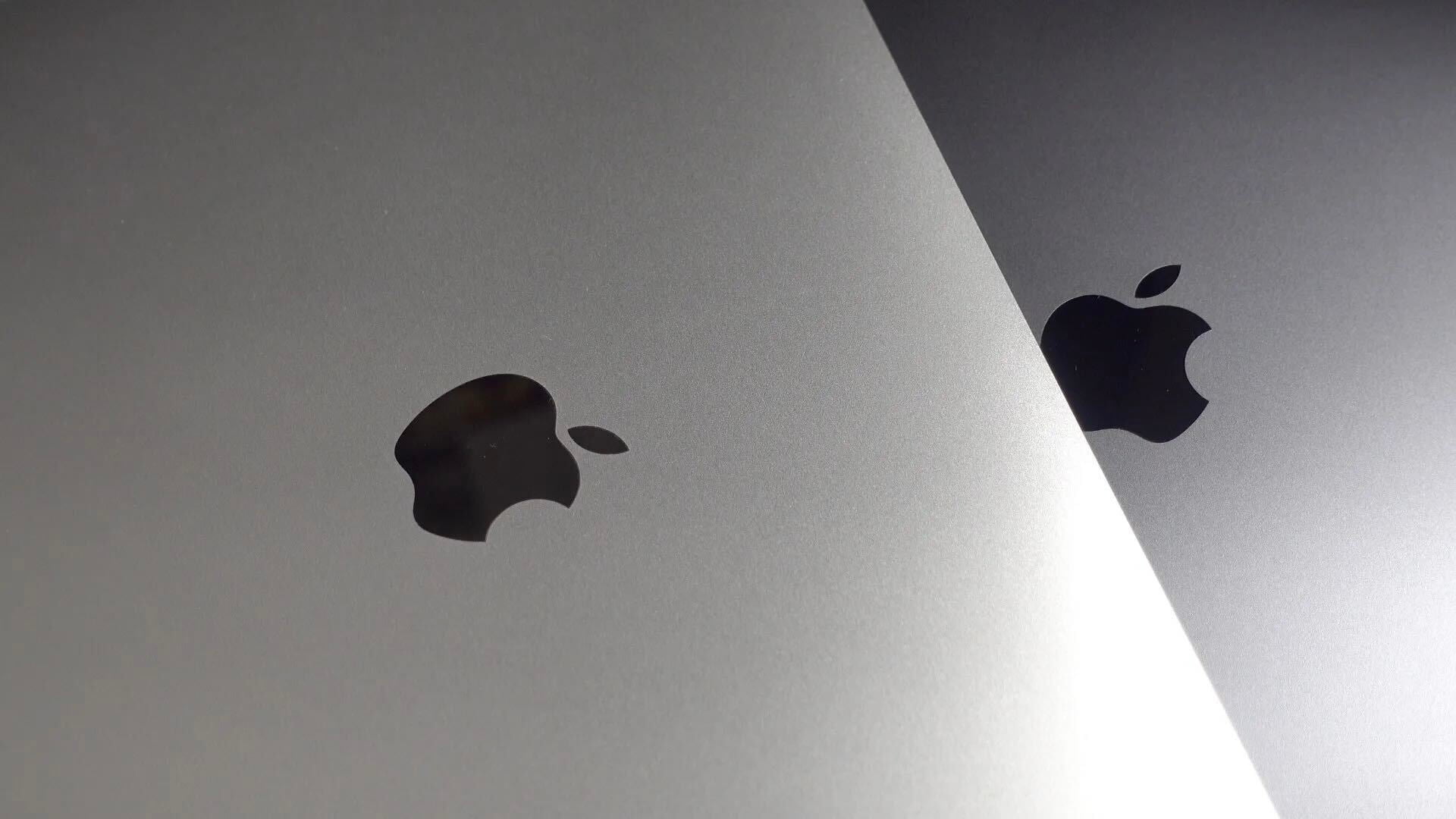There wasn’t a whole lot new in this chunk of the Haunted Empire: Apple After Steve Jobs, which Yukari Kane mostly focuses on Apple CEO Tim Cook and his characteristics that are often the opposite of Steve Jobs. Cook is a character but not the same character that brought Apple to its current success.
From the WSJ excerpt:
As tough as Cook was reputed to be, he was also generous. He gave away the frequent-flier miles that he racked up as Christmas gifts, and he volunteered at a soup kitchen during the Thanksgiving holidays. He had also participated in an annual two-day cycling event across Georgia to raise money for multiple sclerosis; Cook had been a supporter since being misdiagnosed with the disease years before. “The doctor said, ‘Mr. Cook, you’ve either had a stroke, or you have MS,’ ” Cook told the Auburn alumni magazine. He didn’t have either. His symptoms had been produced from “lugging a lot of incredibly heavy luggage around.”
An earlier piece in the New Yorker online edition painted a dreary picture of Apple post Steve Jobs and the video above does delve into that viewpoint a bit.
Apple’s latest version of its mobile operating system, iOS 7, looks pretty but is full of bugs and flaws. As for innovation, the last time Apple created something that was truly great was the original iPad, when Jobs was still alive. Although the company’s C.E.O., Tim Cook, insists otherwise, Apple seems more eager to talk about the past than about the future.
From the video:
[Has Apple lost its touch? Are they still King of the Hill?]
KANE: I think the answer is obvious to me. The answer has got to be yes. This is a company who had revolved around Steve Jobs for so long, I mean that was something that Jobs himself went out of his way to make sure of. And the people there are conditioned to operate, to play off of his strengths and weaknesses. And so now you’ve got this completely opposite guy in Tim Cook, who is I think brilliant in many ways, but in different ways. But so they’re going through some growing pains in that.
Meanwhile, Publishers Weekly has the following review of the book:
Jan 27, 2014 – The globe-bestriding computer-maker loses its soul in this lively business history. Former Wall Street Journal technology reporter Kane follows Apple after the 2011 death of founder Steve Jobs as the company’s knack for conjuring breakthrough i-gadgets lapsed into a series of ho-hum upgrades, misfires like the befuddled artificial intelligence app Siri, and interminable patent lawsuits, while market share, profits, and stock price eroded. Kane makes the story a study in CEO leadership styles, contrasting Jobs’s visionary bluster with his successor Tim Cook’s icy bean-counting and the histrionics of Samsung’s “wise emperor” Lee Kun-hee, whose quality crusade involved burning an entire factory’s inventory in front of its weeping employees. Kane unearths plenty of colorful material here, including lawyerly jousting, hilariously lame new-product unveilings, and conference-room psychodramas between bullying execs and groveling underlings. The author’s great-man theory of Jobs’s “unfiltered” leadership as the indispensable motor of Apple’s innovation doesn’t explain much; her unusually rich dissection of Apple’s ugly dealings with its FoxConn manufacturing partner suggests that Cook’s merciless wringing of profits out of exploited Chinese labor is as much the soul of Apple as Jobs’s oft-hyped intuition for design. Still, this well-paced, vividly detailed narrative reveals the machine surrounding the Jobsian ghost at Apple and brings the company’s high-flying mythology down to earth.© Publishers Weekly
We’re getting an advanced copy this week which we don’t expect to be as pessimistic and the publicity-generating excerpts above. Interesting bits will be posted here.
Haunted Empire: Apple After Steve Jobs is available March 18th from Harper Collins ($12.74 Amazon/$14.99 iBookstore)
40.714513-74.005122



